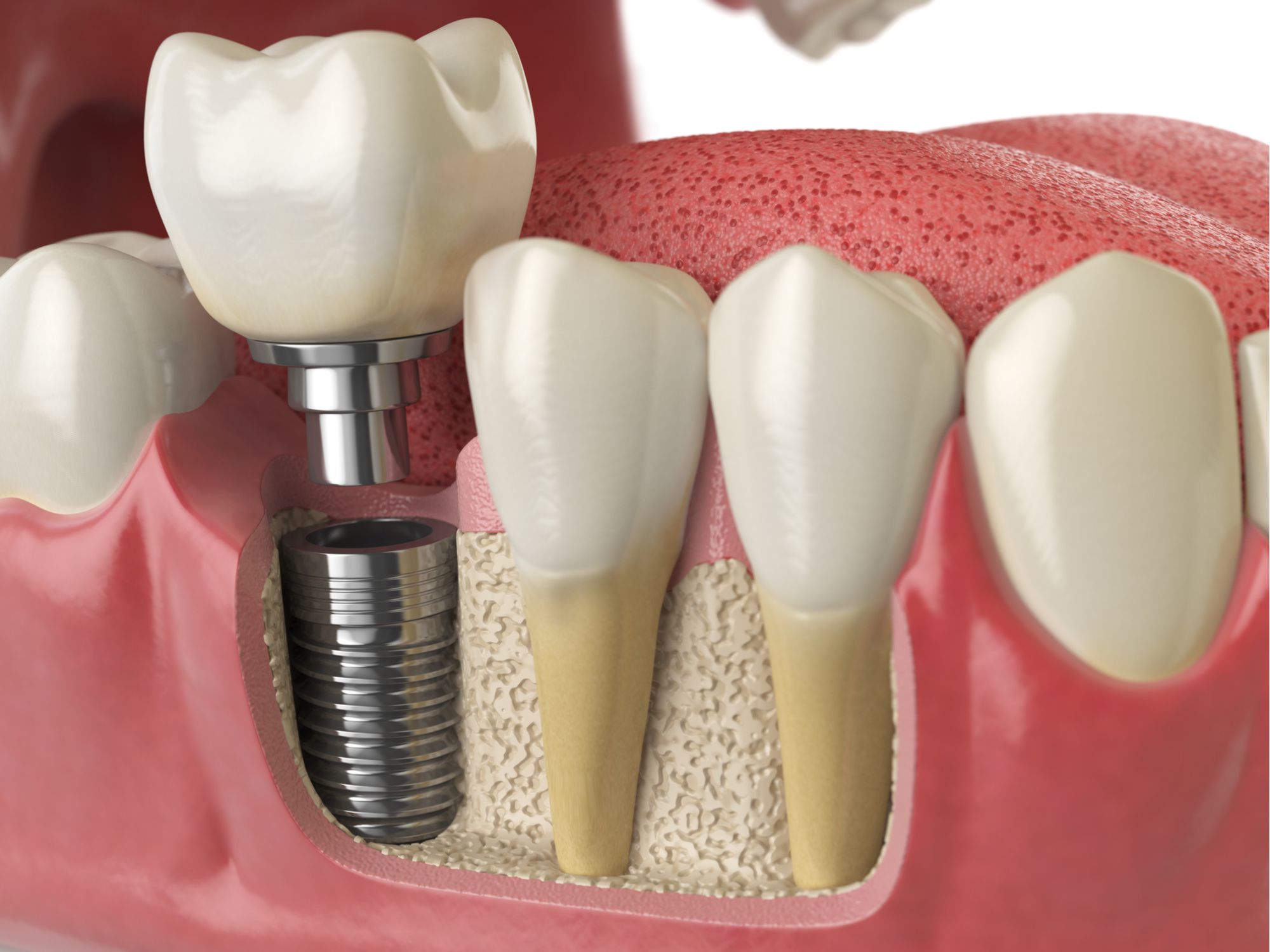History of Dental Bridges and Dentures
 Since the dawn of humanity, civilizations have attempted to replace missing teeth. Fortunately, dentistry has come a long way since then. Today, our team at Dental Associates of New England in Boston, MA explores a brief history of dental bridges and dentures.
Since the dawn of humanity, civilizations have attempted to replace missing teeth. Fortunately, dentistry has come a long way since then. Today, our team at Dental Associates of New England in Boston, MA explores a brief history of dental bridges and dentures.
We also explain how modern teeth replacement, such as dentures, bridges, and dental implants, can preserve your smile and oral health for years to come.
Teeth Replacement in the Ancient World
Archaeological evidence shows that several civilizations, in all parts of the world, explored ways to replace missing teeth. About 4,000 years ago in China, people carved bamboo into tooth-shaped pegs, then used them to complete their smile.
By 1500 BC, the Egyptians were using gold and silver wire to thread artificial teeth together. These early versions of dental bridges were then secured to adjacent teeth to fill in gaps and spaces. As you can imagine, this type of teeth replacement did not improve bite function or oral health, though it did enhance aesthetics.
In 7th century northern Italy, the Etruscans created the first recorded version of dentures. To do this, animal or human teeth were held together with gold bands, then placed in the mouth.
It was not uncommon in the ancient world to use animal and human teeth to replace a person’s missing teeth. Unsurprisingly, this method led to oral infections and other complications. However, as we will see in the section below, this practice continued well into the 18th century and beyond.
18th Century Teeth Replacement Methods
Human teeth became such a commodity in the 18th century that some individuals resorted to graverobbing to obtain them. Poor people even began selling their own teeth to those who would pay enough money for them. Eventually, other natural materials, such as bone, horn, and ivory, were used to achieve similar results.
George Washington’s Dentures
George Washington had oral health problems his entire life, and famously wore dentures for much of his political career. Contrary to legend, however, his dentures were not wooden.
He wore several different sets of dentures through the years, including an appliance crafted from donkey and human teeth. At the time of his presidency, he wore dentures made from hippopotamus ivory.
19th Century Innovations
In the 19th century, great strides were made in the field of dentistry. During this time, doctors began using porcelain to craft dental restorations. Unfortunately, porcelain was much too brittle to last long-term, and the appliances were so white that they appeared unnatural.
Modern Dental Materials
Eventually, medical-grade ceramic would become the norm. As a result, dentists could create strong, natural-looking crowns and bridges. Acrylic resin became the go-to material for dentures, and it is still used today.
Implant-supported Restorations
In the mid 1900s, Dr. Per Ingvar Brånemark, a Swedish physician, discovered that titanium integrates with bone tissue for a secure bond. He placed the first dental implant in a human volunteer.
Since then implants have become the most successful, longest-lasting teeth replacement option available. Implants can support crowns, bridges, and dentures.
Schedule an Appointment Today
Missing teeth can affect your appearance, and they can also compromise your health and bite function. To explore your teeth replacement options, schedule a visit at Dental Associates of New England. Contact us online or call us at one of our two Boston office locations.



